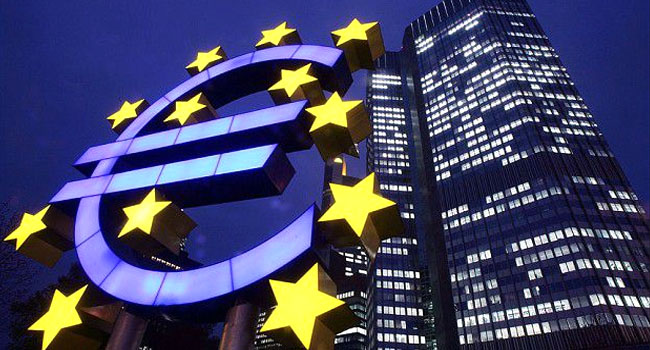
- Indices
- Stocks
European markets opened lower
Do you want to know how to make money from this?
Register for free and get expert advice, access to a training course and webinars.
Key points:
- The pan-European Stoxx 600 index fell 0.5%, with the biggest declines in the mining (-0.97%) and auto (-0.9%) sectors.
- World markets are reacting to conciliatory statements by US Federal Reserve Chairman Powell, who noted that the central bank will not wait for inflation to reach 2%.
- Economists at Goldman Sachs say Donald Trump’s victory in the presidential election could have a significant impact on the eurozone economy, posing a downside risk to the growth outlook.
Investors have taken a wait-and-see approach as they assess economic and political prospects both in Europe and beyond.
The pan-European Stoxx 600 index showed a decline of 0.5%; none of the sectors and major exchanges were able to show positive dynamics. The largest drop in quotations was observed in the mining companies sector (-0.97%), while the automotive sector also showed a decline (-0.9%).
Powell’s speech raised expectations for rate cuts
Global markets are reacting to conciliatory remarks from US Federal Reserve Chairman Jerome Powell, who noted that the central bank will not wait until inflation reaches 2% to cut interest rates, as the Fed’s policies operate with “long and variable lags.” So “if you wait until inflation is all the way down to 2%, it will probably be too late,” he said on Monday.
His comments, coupled with expectations that the failed assassination attempt on Republican presidential candidate Donald Trump will lead to significant gains for the party and more favorable fiscal policies from the Trump administration, helped fuel Wall Street’s gains on Monday.
European market reaction
Share prices of Hugo Boss, the German fashion house, fell more than 10% after the company cut its full-year sales forecast, citing “ongoing macroeconomic and geopolitical headwinds.” Burberry shares were also down 3.3%, trading lower a day after issuing a profit warning due to weak demand for luxury goods. In contrast, Ocado shares jumped 18.5% after the British online retailer announced a smaller first-half loss and raised its full-year forecast.
Asia-Pacific markets were mixed throughout the day, reflecting traders’ reactions to Powell’s comments. US stock futures rose slightly on Monday after the Dow Jones Industrial Average closed at a record high.
What could a Trump victory mean for the European economy?
In recent weeks, as markets increase bets on Donald Trump winning the presidential election, economists at Goldman Sachs say a new term for the former US leader could have significant implications for the eurozone economy. Trump’s re-election would pose a significant downside risk to our positive outlook for eurozone growth. They note that trade policy uncertainty, additional pressure on defense and security, and spillovers from U.S. domestic policies such as tax changes could impact Europe.
Even before Saturday, the likelihood of a second Trump presidency had increased following President Joe Biden’s poor performance at the presidential debate a few weeks ago. In a note Friday, Goldman Sachs said betting markets were estimating the likelihood of Trump winning in November at about 60%, and there were reports over the weekend that that figure would rise further. Analysts say Trump’s trade policies and associated uncertainty could once again impact the European economy, as they did during his previous presidency.
During Trump’s last term, the European Union faced a sharp rise in tensions. The US imposed tariffs on European steel and aluminum, prompting the EU to respond with similar measures on American goods. For months, there had been concerns that other sectors such as auto manufacturing could also face higher tariffs, weighing on market sentiment.
Do you want to know
How to make money from the news
Register for free and get:
- Expert consultation;
- Access to the training course;
- Opportunity to participate in webinars

